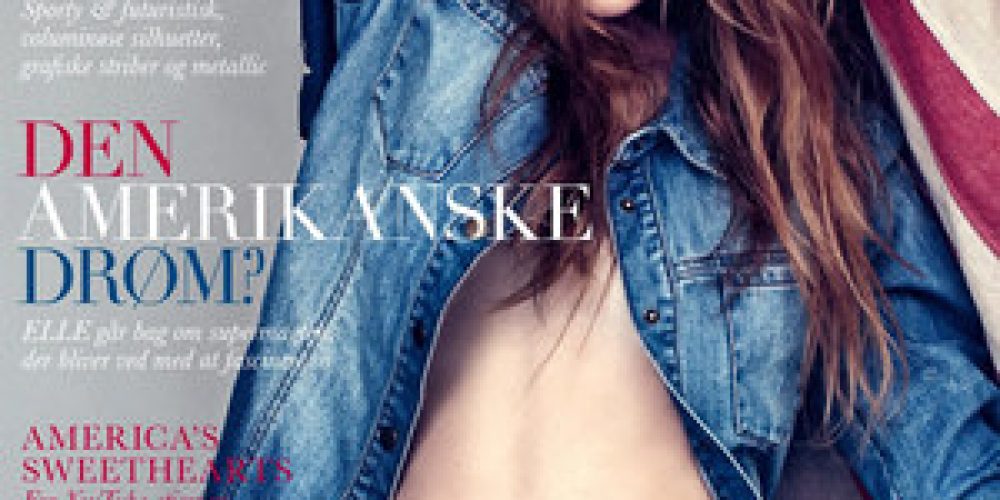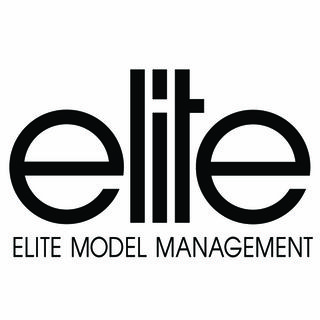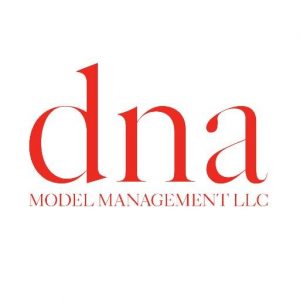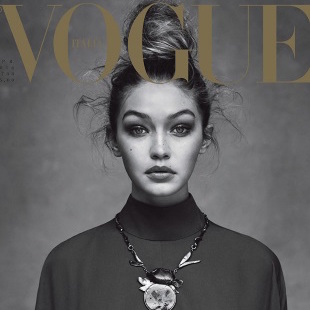LOOPHOLES IN THE NEW CHILD MODEL LEGISLATION IN NEW YORK STATE
By Kirsten Hassall and Jasmine Chorley Foster
“I’d argue that it’s one of the biggest developments in a century, bringing a whole new group under legal protection,” said Susan Scafidi, of labour law and the fashion industry. From the initial proposal of the Child model bill to the day New York State Governor Cuomo signed it into law, there has been widespread support for the bill. It has, however, been peppered with scepticism.
Models, especially child models, need workplace protections like every worker, and The Business Model certainly supports the passing of this law. But we also feel it’s appropriate to ask, “How will this really affect the modelling industry?”
To be protected under the new law, all you have to hold is a Child Model Work Permit, which is easy to apply for and entirely free. The permit is required for all models under 18 years of age working in New York State, as well as underage models who are residents of New York State working anywhere outside of the state.
According to the New York State Department of Labour, “In order to obtain or renew a Child Performer Permit, child performers must provide proof of satisfactory academic performance” — the child’s school determines what that is. They can attend regular school, be homeschooled, distance educated, or educated by an employer-provided teacher.
Immediately, there is already a barrier to a child qualifying for the permit. In the case that the model’s school would have to agree to provide “distance education,” I know first-hand that this is not very likely, at least in Canada. Home schooling requires that a private teacher be employed or that a parent escort their child. Most families are not financially equipped for such an arrangement. Employer-provided teachers seem even more unlikely. One model may work for a different client every day, so which client would pay for the teacher? And what client would be willing to do so?
The implications of the educational requirements will be that most young models will not be approved for a Child Model Permit. Although the permit itself is not new, the new legislation purports to enforce the permit, making it a requirement to work as a child model in the state. Encouragingly, the law may eventually discourage girls from working in the state illegally (without a visa), as is currently ubiquitous among models “testing out” the market.
So would this mean that children who do work illegally would become more appealing to clients seeking to circumvent the extra time and money that will now come with hiring underage models? It’s a possibility, but employers aren’t actually allowed to employ models who don’t hold the permit. So if the law were properly enforced, it would discourage models to work illegally because there would simply be no work for them.
Thusly, the law excludes a lot of the models currently working in New York, and if it is enforced, they won’t be able to continuing working in the city until they turn 18.
So while the law will protect legal workers, it will essentially eliminate their illegal peers from the industry. Furthermore, it will be exceedingly difficult for models carrying the permit to have any substantial success given the educational requirements and strict time and hour limitations.
In campaigning for this bill, The Model Alliance vocalized that this law is meant to discourage clients from hiring models under the age of 18 by making it much harder to employ minors. This is precisely what it is going to do if it is enforced.
But currently, don’t agencies knowingly take on illegal workers? They definitely do, but there haven’t been any repercussions until now because they haven’t been appropriately monitored. From this point on, illegal underage models will have the opportunity to get representation, but they may not work. And, realistically, will agencies want to represent models who won’t book work? Agencies may sign underage models to groom them until they turn 18. And while this could very well be harmless, there is also a large potential for exploitation. Unpaid, undocumented work won’t have to comply with the law, so agencies would definitely have the opportunity to exploit young girls by promising them successful careers down the road.
These potential exploitative practices depend on the degree to which the law is enforced, as well as how clients respond to the penalties. The first fine is only $1,000 USD for clients who have hired models without a permit or who do not hold an employer permit themselves. So for high-profile employers (fashion week clients), that might not in itself discourage them from hiring child models without the paperwork if that model is a very high-profile model, such as 17-year-old model, Vanessa Axente, who is booking exclusives.
For girls like Vanessa, the law puts them in a tough spot. They are definitely missing more school than the regulations allow, or are maybe not in school at all. If they continue to work in New York they will be working illegally. Even if a tutor could be hired, the model wouldn’t be allowed to work after midnight on a school night (including fittings), return to work less than 12 hours after they leave, or work for more than 10 consecutive days while school is in session. During fashion week, this very much restricts a model’s ability to work.
There is one large, looming loophole that certain clients will be able to take advantage of. Big New York clients will be able to hire a model working in New York State illegally, so long that the booking is done through an out-of-state office (Los Angeles, London, etc.) and the job takes place outside of New York State (i.e. New Jersey). Small, local clients will simply have to hire girls who are over 18. The responsibility will therefore lie with the agency to permit or not permit this sort of practice.
However, this loophole most definitely will not work for the shows. The law in general will be most affective in the regulation of New York Fashion Week, which is arguably the area in most need of regulation. High profile events like Fashion Week will be easy to regulate, whereas small magazines and other low-profile jobs will be much harder to monitor.
For the models who do fulfill the requirements to get the permit, they will be protected under law. This is an excellent achievement to be sure, but the law will majorly restrict models from holding a permit let alone being hired. And for models who do have the permit and are protected under the law, they will probably have a really hard time launching successful careers for themselves out of New York.
Hopefully New York has set the wheels in motion for other states and countries to follow suit. Until then, there’s always Tokyo.






